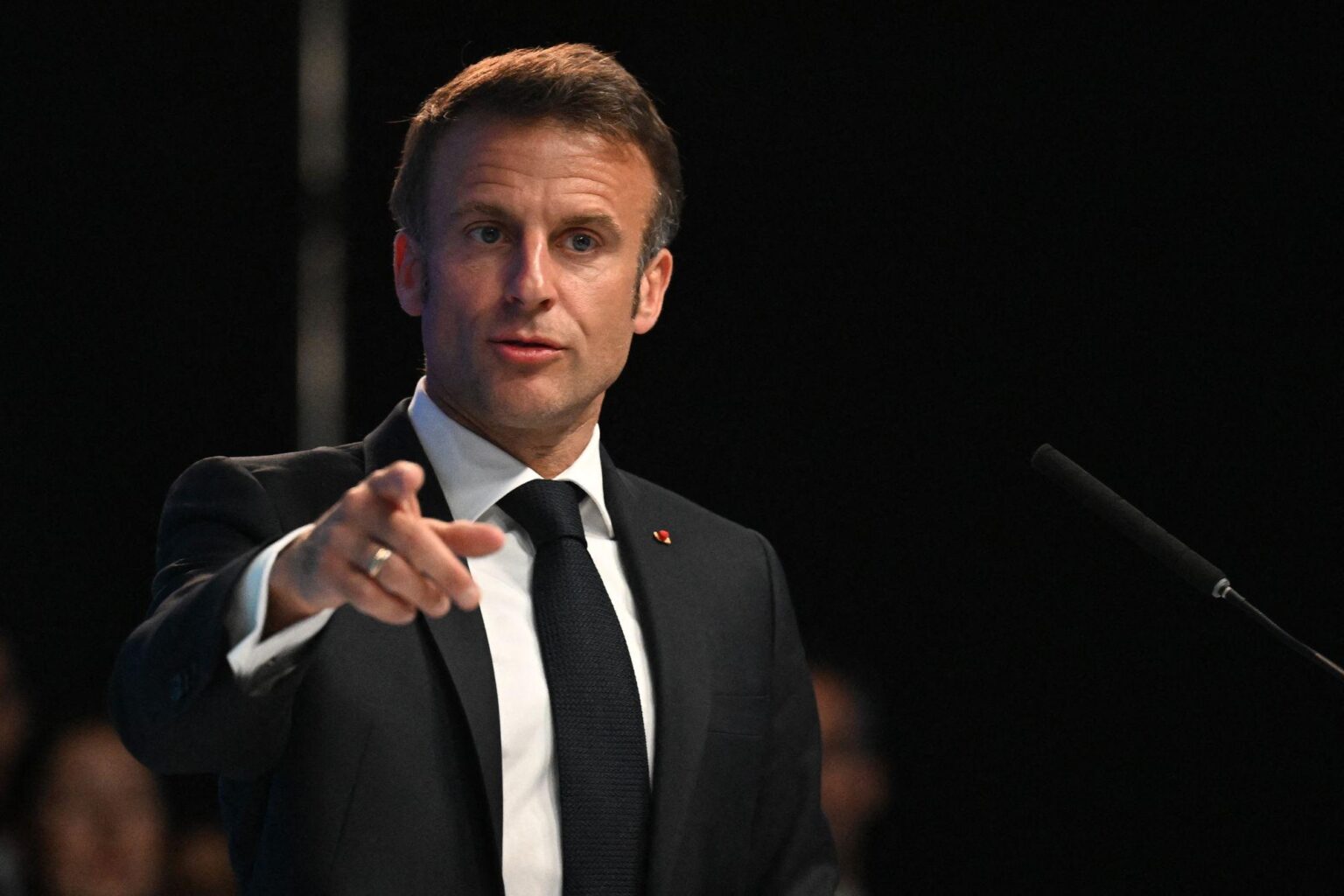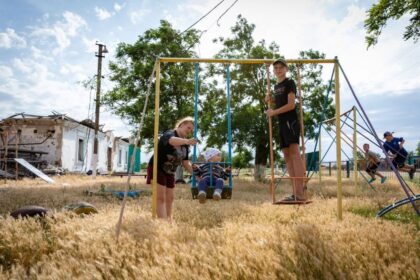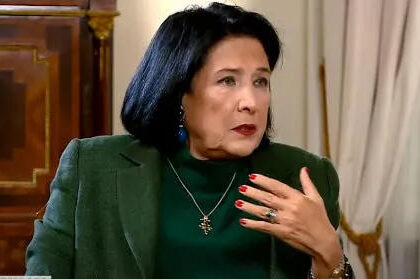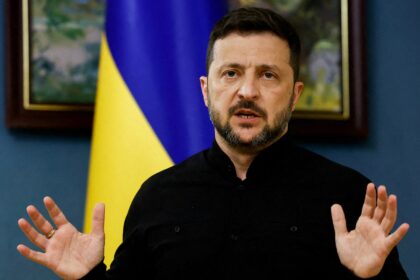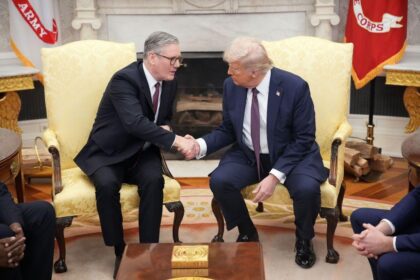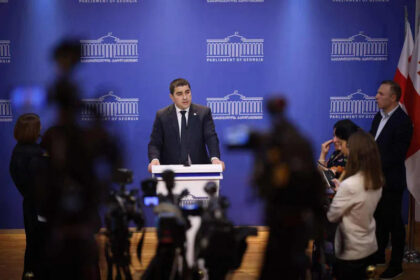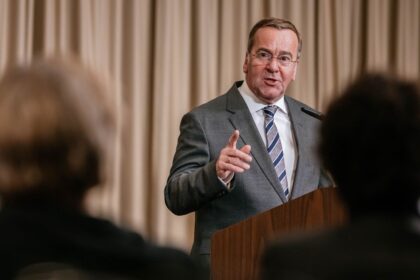**France Threatens New Sanctions on Russia, Considers Stationing Nuclear Weapons in Europe**
In a recent interview with French broadcaster TF1, President Emmanuel Macron warned that France will impose new sanctions on Russia if it rejects an unconditional ceasefire in its war against Ukraine. This move comes as European countries and the United States prepare a new package of sanctions targeting Russian financial services and oil and gas.
According to Macron, the European Commission is working on the sanctions “in the coming days” and will aim to pressure Russia into accepting a ceasefire. The goal, he said, is for Ukraine, France, and their European allies to achieve a comprehensive cessation of hostilities on land, in the air, and at sea, as well as to discuss issues related to territories and security guarantees.
This development echoes similar warnings from German Chancellor Friedrich Merz, who recently threatened “significant tightening” of Russia sanctions ahead of the Istanbul peace talks. These talks, proposed by Russian President Vladimir Putin after Ukraine rejected a 30-day unconditional ceasefire backed by Europe, are set to take place on May 15 in Turkey.
Macron’s comments also hint at a more robust defense strategy for Europe, as he suggested that France is open to stationing its nuclear weapons in other European countries as a deterrent against Russian aggression. This move would mark a significant shift in the continent’s defense posture and could have far-reaching implications for regional security dynamics.
The outcome of the Istanbul peace talks will be crucial in determining how Europe and the United States respond to Russia. If the negotiations fail, these countries are prepared to impose punitive measures, including what Macron described as “bone-crushing” sanctions.
As tensions between Russia and Ukraine continue to escalate, it remains unclear whether Putin himself will attend the Istanbul talks or if he will send a delegation instead. Regardless of the outcome, one thing is certain: Europe and the United States are willing to take strong action against Russia if it refuses to accept a ceasefire.
**Commentary**
The recent statements from Macron and Merz demonstrate a growing willingness among European leaders to confront Russian aggression through economic means. By preparing new sanctions packages and discussing the possibility of stationing nuclear weapons in other countries, they aim to send a clear message: Europe will not be intimidated by Russia’s actions.
However, this approach also carries significant risks. Imposing harsher sanctions could further entrench divisions between Russia and the West, potentially escalating the conflict rather than resolving it. The fate of Ukraine and regional stability hang precariously in the balance as diplomatic efforts unfold in Istanbul.
**Deeper Analysis**
Macron’s comments on nuclear deterrence reflect a broader shift in European defense policy. As NATO continues to grapple with the implications of Russia’s actions, countries are reevaluating their military capabilities and strategy. The notion that France might station its nuclear weapons in other European countries marks a significant departure from traditional security arrangements and could have far-reaching consequences for regional dynamics.
The push for new sanctions on Russia also underscores the growing frustration among Western leaders with Moscow’s handling of the conflict. While economic measures can be effective tools, they may not necessarily address the underlying drivers of Russian aggression or lead to lasting peace in Ukraine.
Ultimately, the success of diplomatic efforts will depend on a combination of factors, including the willingness of parties to engage in constructive dialogue and the ability of international institutions to manage competing interests. The outcome will have significant implications for global security dynamics and may shape the future of Europe’s relations with Russia for years to come.
Read More @ {{domain}}




